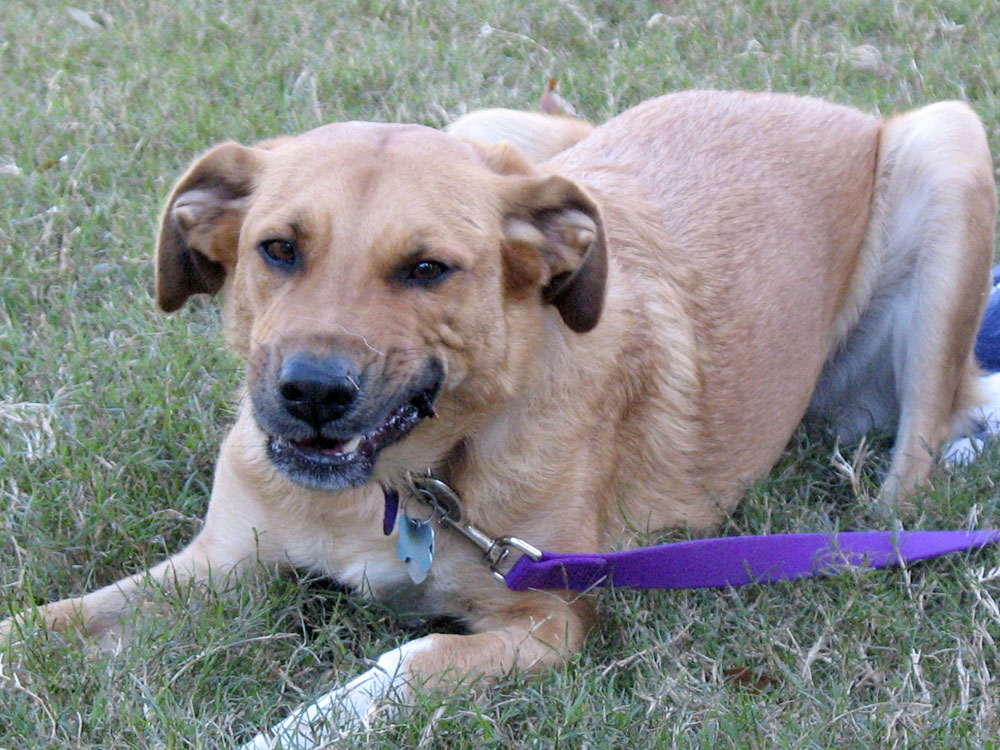
Five (surprising) things your newly-adopted dog needs
So you’ve brought your new canine adoptee home after much soul-searching and a long choice process. He was waiting in the shelter for a long time for you to come for him, and you couldn’t resist those eyes and that wagging tail. Congratulations!
You tell your friends and family, “I am going to treat this dog like a king! He’ll lack for nothing, and be showered constantly with love and attention. He’s been cooped up for months, but in my home, he’ll go wherever he likes. I’m going to make up for all the abuse and hardship he suffered up until now.”
Sounds great, except you will be doing Fido a huge disservice if you follow through with those plans.
Five Things Your Newly-Adopted Dog Would Beg You to Give Him:
- Structure—he does not need to have total freedom in your home yet. He needs to earn the privilege, so utilize a crate and confine him when you are not there to supervise. Lots of supervision and pretty strict confinement helps the dog relax in the first few stressful weeks, and beyond. Wean him out of the crate gradually, once he has proven he’s not going to destroy the house.
- A Schedule—get him acclimated to The Way Things Are in your home. Food, exercise, playtime, potty walks, and even alone time should all be put on a workable schedule. This also helps the dog relax and know what is expected
- Guidance—how will he know what you wish of him unless you show him? Dogs are not born knowing how to behave in our homes. Decide what the boundaries are (and trust me, he needs some), and use firm, gentle guidance to help him understand. Preventing bad behaviors is a big part of this.
- Alone time—your new pooch needs to learn to be alone some. Allow him to develop independence by crating him some when you are home, and by not showering him with attention all the time. Your eventual absences will be less stressful that way.
- A Leader—dogs live in a hierarchal system that demands a leader and a set of rules. You are the natural one to lead, so do it, or the dog will. Be consistent, and make sure all family members follow your lead. Don’t allow your dog to do things he shouldn’t, even if you think it’s cute.
A leader does not wallow in the dog’s past—he or she plans for the future. A leader does not feel sorry for the dog, he or she builds confidence in the dog with obedience training and guidance. A leader is firm but fair, praises and rewards more than she criticizes or punishes, and knows that dogs are not humans in little fur coats.
If you really and truly love your dog, you’ll give him what he needs, as opposed to giving him what YOU need.